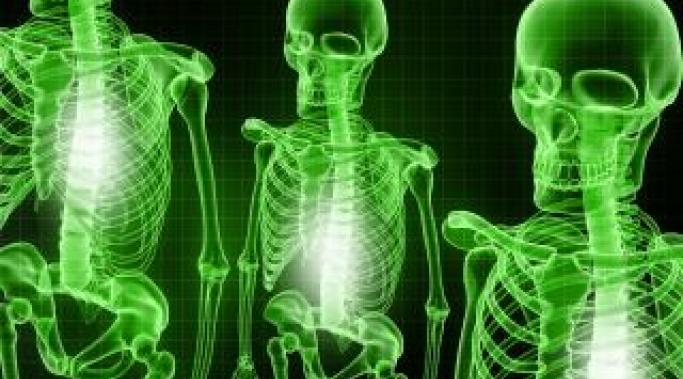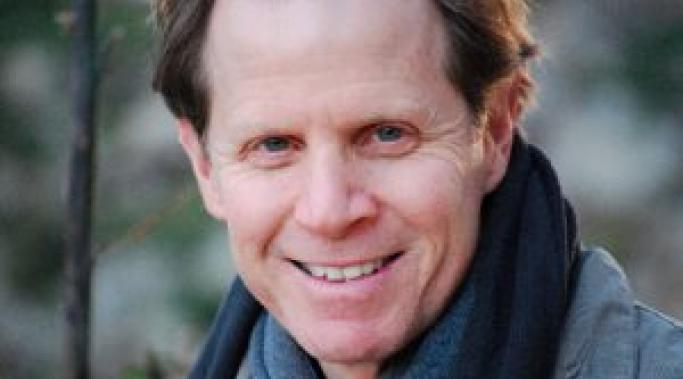After trauma, there's a need for life to feel safe and in control. Sometimes, we put in place really good and healthy habits that help the transition from trauma to life afterward. Other times, it's easy to slip into habits, cycles and patterns that are very destructive. For example, co-dependence. When you put this type of behavior together with posttraumatic stress disorder (PTSD) you can increase the time it takes to heal tenfold.
PTSD Audios
Back when I was struggling with symptoms of posttraumatic stress disorder (PTSD) I was also struggling with mercury poisoning, chronic fatigue, fibromyalgia, Celiac Disease and suspected liver cancer. Sounds crazy, right?
How your body expresses the level of psychological stress in your mind is a very real and very treatable situation.
Dear Post-Traumatic Stress Disorder (PTSD) Caregivers,
Most of the time those of us in the PTSD healing community focus on survivors. Today, I'm focusing on you (survivors, share this with the caregivers in your life!) because supporting you helps you better support your survivor.
I know the PTSD journey is tough for you. It's hard to live and cope with, endure and anticipate PTSD symptoms, plus support someone who at times behaves in a crazy manner. You and your life can get swallowed up in the process and so it makes total sense that you want recovery to happen as quickly as possible.
The truth is, anyone struggling with symptoms of PTSD wants to heal as quickly as possible, but that's not always an option.
In the world of posttraumatic stress disorder (PTSD) we're all in the same space together (as survivors), but so often we feel enormously separate, don't we? PTSD symptoms and the lifestyle they create open a void between you and everyone else.
New research, however, points out how important it can be to have a social support network to prevent PTSD.
For a long time after my trauma I felt sucked into the darkness and despair of grief, loss, fear, anxiety and the frustration of the same question I repeatedly asked myself,
"Who am I now?"
It seemed that trauma and PTSD symptoms had branded me for life and there was no way to:
go back to who I'd been before (I was right about that)
go forward and become someone new (I was wrong about that)
What do we do when we get stuck in that place??
One of the biggest problems in my PTSD experience and my recovery from PTSD was how fragmented I was and felt. Do you know what I mean?
It seemed like I had slivers of memories, a shattered sense of self and random sprinkles of what it meant to live a healthy, 'normal' life.
Healing PTSD, to me, became finding a way to pull everything back together. It meant re-integrating who I had been with who I had become, with who I wanted to be. (PTSD and Integration: The Path To Healing) Whew, that was a big job! And back then, I didn't have the benefit of Dr. Daniel Siegel's input - but you can!
Radical acceptance means complete and total acceptance of something, accepting reality, and is a key component of Dialetical Behavioral Therapy.
Yesterday, I listened to an interview with Marsha Linehan, the creator of Dialectical Behavioral Therapy (DBT). If you aren't hip to the help DBT can offer, you might find some new ideas here.
PTSD and suicide thoughts (plus how to shift them) is a topic of frequent discussion in any community of survivors struggling with symptoms of posttraumatic stress disorder. Really, how could it not be? We're asked to live inside a mind that feels crazy and a body that behaves in ways out of our control. At some point, it's reasonable for anyone to just want to be set free.
Of course, suicide is always the wrong answer. Every day, we learn more about PTSD recovery and how to heal, which means that there is always hope for feeling better. In fact, with the many approaches now available for healing work recovery is more like a Choose Your Own Adventure than ever before. It took me 10 modalities to reach the end of PTSD symptoms.
If I had given up and given in to the dark PTSD suicide thoughts a whole life would have been lost that really has been more than worth living.
Right off the bat I'll say this: It's incredibly important in treating posttraumatic stress to have a completely strategized mind/body approach. In order to really heal both aspects of who you are need time, attention, focus and respect.
And yet, there's also great value in separating them out.
If you already have PTSD, you should be wary of being exposed to media coverage of traumatic news events.
With the way our society is plugged into around-the-clock news, it would have been impossible for you to avoid some kind of coverage about the Boston Marathon bombing. Whether through radio, tv or the internet, the topic, images and details have played out relentlessly over the past ten days.
How has that made you feel? If you're experiencing amplified or renewed PTSD symptoms, there's a reason for that...









